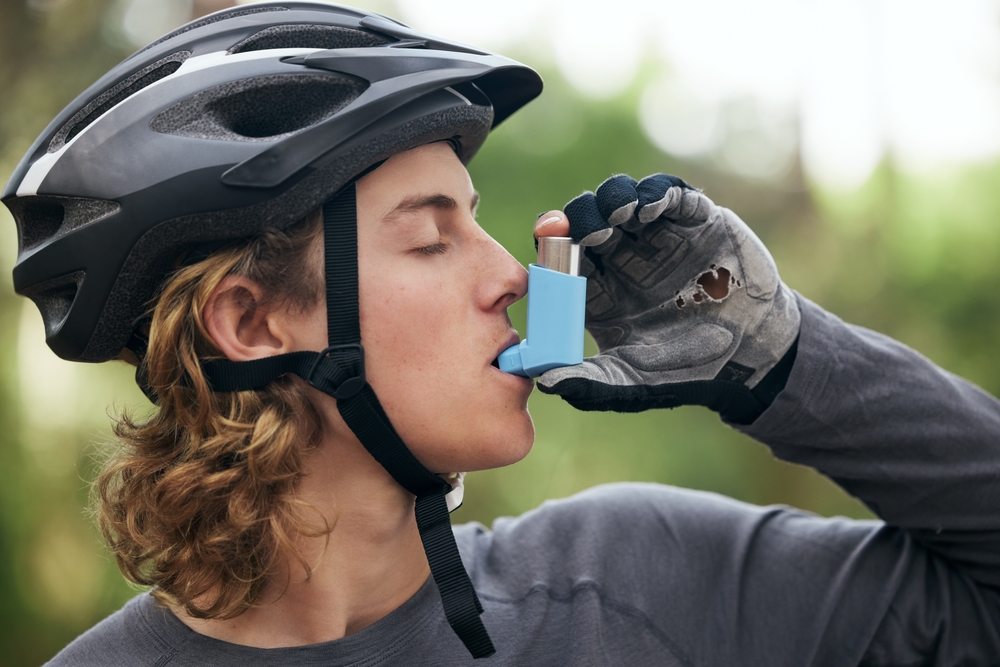Falls are common among individuals with chronic obstructive pulmonary disease (COPD) and are linked to increased morbidity, mortality, and healthcare costs. A retrospective cohort study examined the electronic health records of adults with COPD who died between 2014 and 2018. The study aimed to identify modifiable medication factors, specifically fall-risk increasing drugs (FRIDs), that contributed to falls in this population. Researchers found that 30% of the decedents experienced an injurious fall in the two years prior to death, and 65% of these patients were using FRIDs. Drugs commonly associated with falls included anticonvulsants, antipsychotics, atypical antidepressants, and tricyclic antidepressants.
The study’s multivariable logistic regression analysis showed that higher FRID burden was linked to greater odds of experiencing an injurious fall. These findings suggest the potential benefits of developing collaborative strategies between pharmacists, pulmonologists, and patients to reduce FRID use and optimize medication regimens for patients with COPD. By deprescribing or adjusting the use of FRIDs, it may be possible to enhance safety and reduce fall-related injuries in this vulnerable group.
Reference: McDermott CL, Feemster LC, Engelberg RA, Spece LJ, Donovan LM, Curtis JR. Fall Risk and Medication Use Near End of Life Among Adults With Chronic Obstructive Pulmonary Disease. Chronic Obstr Pulm Dis. 2024;11(6):604-610. doi: 10.15326/jcopdf.2024.0551.









